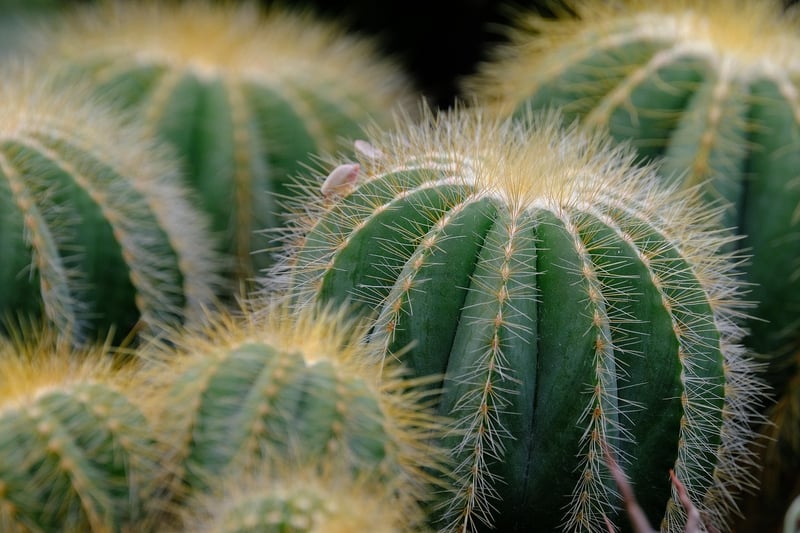Light Requirements
Keeping Your Vertical Garden Thriving
Light Requirements for Vertical Gardens
Vertical gardens are a creative way to bring greenery into small spaces, but to keep them healthy and thriving, it's essential to provide the right amount of light. Different plants have varying light requirements, so understanding these needs is crucial for the success of your vertical garden.
Types of Light
There are three main types of light that plants require:
- Full Sun: Plants that need at least 6 hours of direct sunlight per day.
- Partial Sun/Partial Shade: Plants that thrive in 3-6 hours of sunlight per day.
- Full Shade: Plants that prefer minimal to no direct sunlight.
Choosing the Right Location
When setting up your vertical garden, consider the following:
- Place sun-loving plants like succulents and herbs in areas that receive ample sunlight.
- Shade-loving plants such as ferns and peace lilies should be positioned in spots with minimal direct sunlight.
- Rotate your garden periodically to ensure all plants receive adequate light exposure.
Supplemental Lighting
If your vertical garden doesn't receive enough natural light, you can supplement with artificial lighting. LED grow lights are a popular choice as they provide the necessary spectrum for plant growth.
Monitoring Light Levels
Keep an eye on your vertical garden and observe how the plants are responding to the light conditions. Adjust the placement or intensity of light as needed to prevent issues like leggy growth or leaf burn.
Conclusion
By understanding the light requirements of your plants and providing them with the appropriate conditions, you can ensure that your vertical garden remains lush and healthy. Remember, light is one of the most critical factors in plant growth, so pay close attention to this aspect of your gardening efforts.

Image Source: Pixabay
